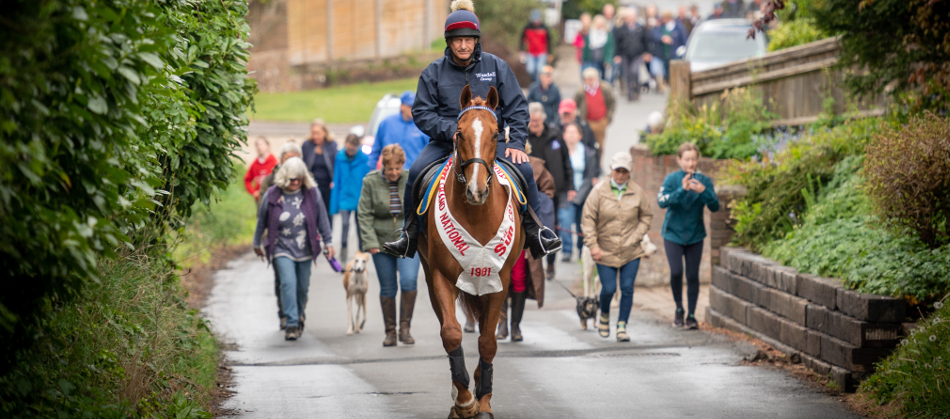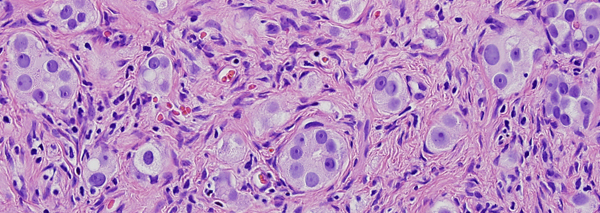NHRE Members had a great day out at Uttoxeter Races recently when sponsoring a race and the prize for the best turned-out horse. We were also lucky to be given a horse for the day by trainer Paul Henderson to run in the club colours. Unfortunately, Lacardio could not do the business but finished an honourable fifth on the day. Before racing we were fortunate to be given a pre-race talk from Bob Champion and he shared some wonderful stories of his time with Josh Gifford and of course, that memorable day when winning the Grand National on Aldaniti. We also had a collection to raise money for Bob’s cancer charity, and it was fascinating to hear about the pioneering work that Bob is doing to try and combat this awful disease. If you would like to support Bob’s charity fundraising then you can do by clicking the button below.
Support the Bob Champion cause for fighting cancer.
The Bob Champion Cancer Trust was established in 1983. We support and raise funds for the Bob Champion Cancer Research Laboratory, which forms part of the largest male-dedicated research facility in Europe, situated at the Institute of Cancer Research in Sutton, Surrey. And for our research team at the Bob Champion Research and Education Building at the University of East Anglia in Norwich, Norfolk.

“There are different sorts of courage. Fighting is the lion’s courage, but running is the courage of a horse. Running and jumping.”
– Bob Champion
Prostate Cancer
Prostate cancer is one of the most lethal cancers for men, killing 11,000 every year. It mainly attacks older men, 95% of all patients are between 45 and 80.

It is also on the increase, with dramatic rises each year. It is predicted that, in the future, prostate cancer will be the commonest cancer affecting at least 1 in 10 men at some time in their lives.
Although we do not exactly know what causes prostate cancer, one theory associates it with the high fat, high meat, low-in-vegetable diet of Western culture. In the Far East, where less meat and many more vegetables are eaten, there is a much lower incidence of the disease.
If any of your close relatives have suffered from prostate cancer, you are at a greater risk of developing the disease.
View Website

